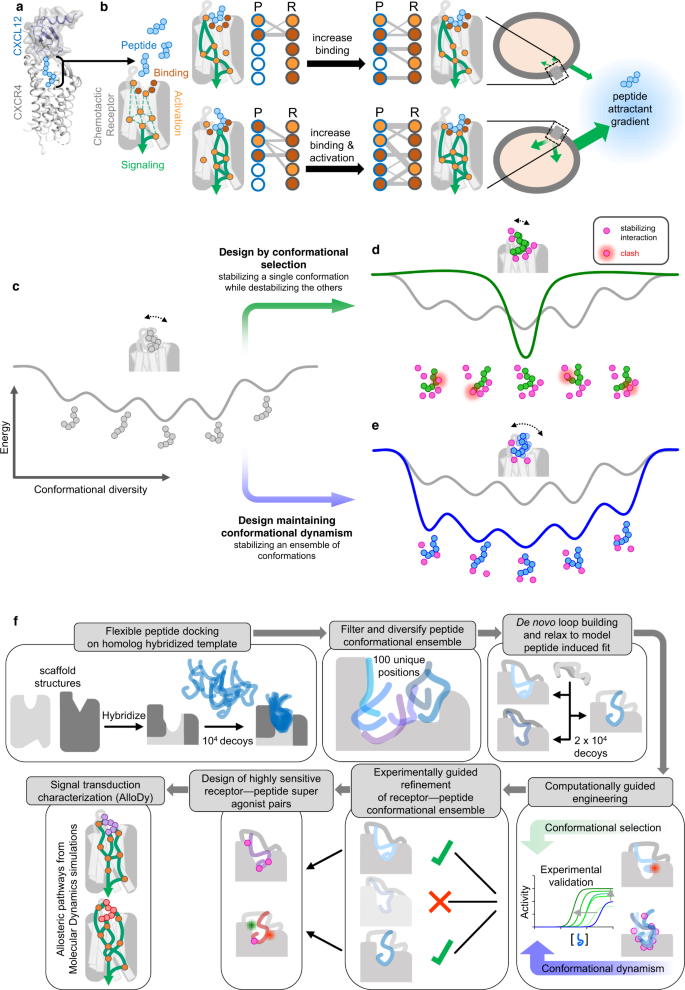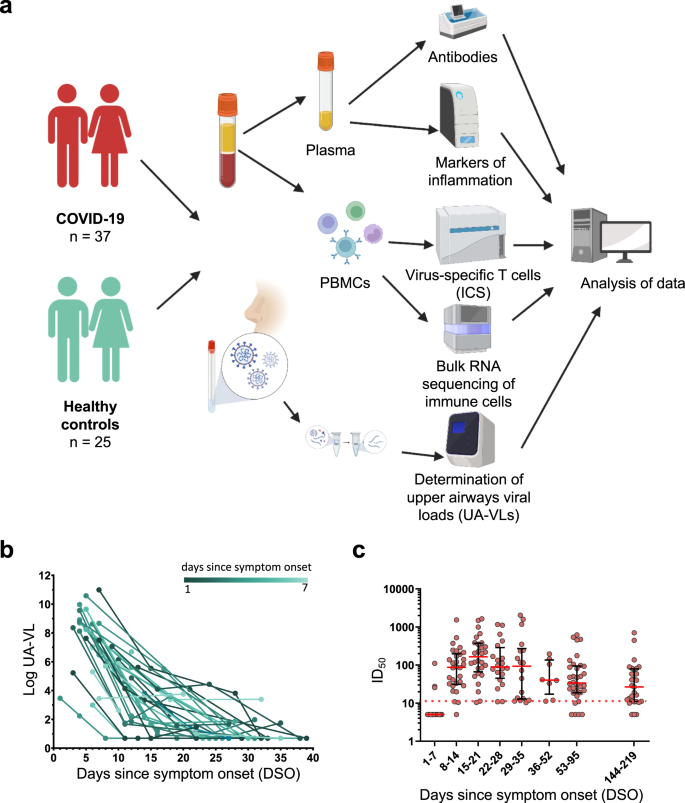2023-05-24 スウォンジー大学
◆研究者たちはカナグリフロジンがT細胞の活性化を抑制し、将来的に臨床試験に進む可能性があると述べています。この研究は、医療研究評議会によって支援され、Cell Metabolism誌に掲載されました。
<関連情報>
- https://www.swansea.ac.uk/press-office/news-events/news/2023/05/new-study-type-2-diabetes-drug-could-treat-autoimmune-disorders.php
- https://www.sciencedirect.com/science/article/pii/S155041312300178X?via%3Dihub
カナグリフロジンは自己免疫において代謝抑制を介してT細胞のエフェクター機能を損なう Canagliflozin impairs T cell effector function via metabolic suppression in autoimmunity
Benjamin J. Jenkins,Julianna Blagih, Fernando M. Ponce-Garcia, Mary Canavan, Nancy Gudgeon, Simon Eastham, David Hill, Megan M. Hanlon, Eric H. Ma, Emma L. Bishop, April Rees, James G. Cronin, Elizabeth C. Jury, Sarah K. Dimeloe, Douglas J. Veale, Catherine A. Thornton, Karen H. Vousden, David K. Finlay, Ursula Fearon, Gareth W. Jones, Linda V. Sinclair, Emma E. Vincent, Nicholas Jones
Cell Metabolism Published: May 24, 2023
DOI:https://doi.org/10.1016/j.cmet.2023.05.001

Highlights
•Canagliflozin (cana) inhibits human T cell effector function
•Cana compromises T cell receptor signaling
•Cana impairs the activity of ERK, mTORC, and Myc, preventing metabolic rewiring
•Cana impairs the effector function of T cells derived from patients with autoimmunity
Summary
Augmented T cell function leading to host damage in autoimmunity is supported by metabolic dysregulation, making targeting immunometabolism an attractive therapeutic avenue. Canagliflozin, a type 2 diabetes drug, is a sodium glucose co-transporter 2 (SGLT2) inhibitor with known off-target effects on glutamate dehydrogenase and complex I. However, the effects of SGLT2 inhibitors on human T cell function have not been extensively explored. Here, we show that canagliflozin-treated T cells are compromised in their ability to activate, proliferate, and initiate effector functions. Canagliflozin inhibits T cell receptor signaling, impacting on ERK and mTORC1 activity, concomitantly associated with reduced c-Myc. Compromised c-Myc levels were encapsulated by a failure to engage translational machinery resulting in impaired metabolic protein and solute carrier production among others. Importantly, canagliflozin-treated T cells derived from patients with autoimmune disorders impaired their effector function. Taken together, our work highlights a potential therapeutic avenue for repurposing canagliflozin as an intervention for T cell-mediated autoimmunity.

